In this very second they are happening thousands of things in the world : In the Himalayas, there is an old man from a remote village whose hospital is on the other side of the clouds. On the islands of Tuvalu, the waters of the Pacific engulf a new house, and in mumbai, a child of a slum see a plane cross the sky heading to a better place.
In ancient Greece, the word philanthropy , from “filo” (love) and “ánthropos” (human), defined the "love of human beings" as the main purpose of culture and civilization. If we delve a little deeper, Plato's Academy defined philanthropia as "a state of good habits derived from love of humanity."
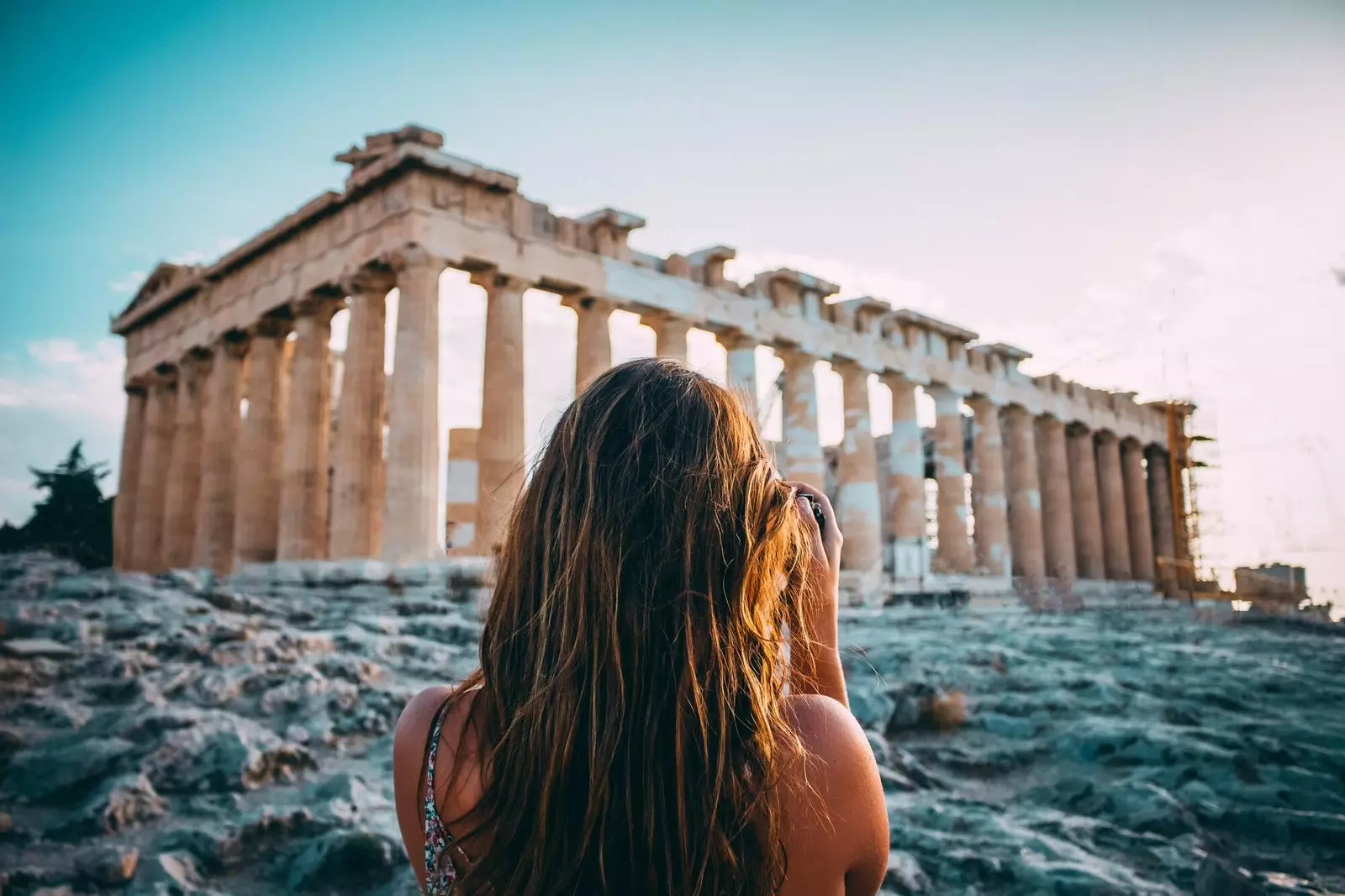
New ways of traveling have come to stay.
Thousands of years later, the umbrella of the 3 P's (People, Planet and Profit) It encompasses as many initiatives as new ways of connecting people through travel. Beyond ecotourism, we find a deeper branch known as philanthropic tourism , a trend that proposes to help other people in the world who need it while we travel.
TEACH TO FISH INSTEAD OF GIVING FISH
Yes, but this philanthropic tourism thing is the same as the volunteer trips of a lifetime, right? some of you may ask. Not quite. Unlike volunteer programs, philanthropic tourism does not seek to “plug holes” with donations , but to introduce new responsible practices in different destinations through their local communities. Or what is the same: Before giving fish to those who need it, it is always better to teach them how to fish.
Philanthropic tourism as we know it today was redefined by the Dr Wangari Maathai , founder of the Green Belt Movement and winner of the 2004 Nobel Prize, as well as the organization CREST (Center for Responsible Tourism) through the book Philanthropy Manual for Travelers . Special guidelines are given in the pages of this book around a universal principle: “offer a hand and promote empowerment instead of lemons”.
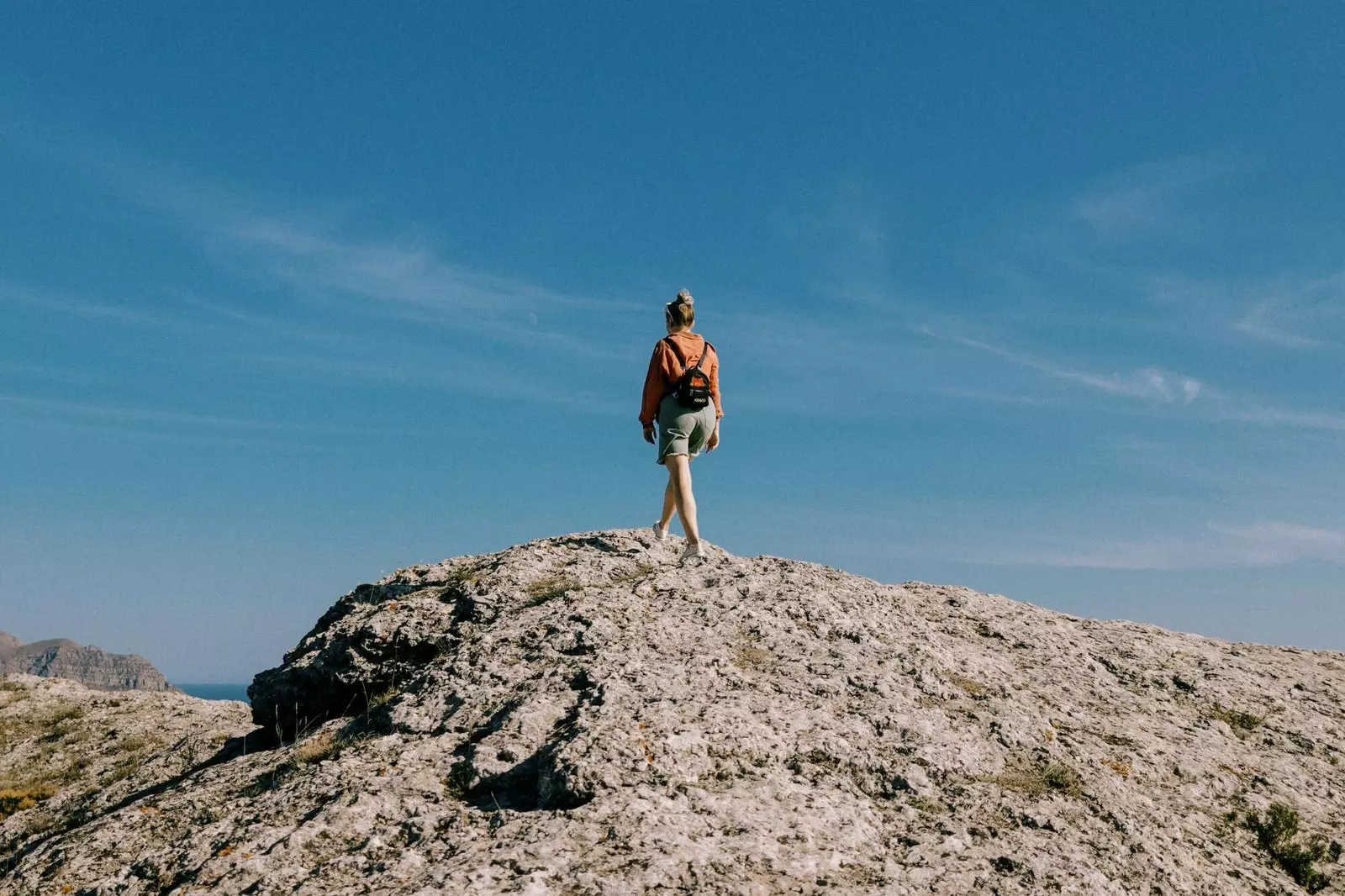
Traveling while helping those in need: that is philanthropic tourism.
This type of impact tourism is mainly based on choosing a destination going through a difficult situation . Travelers hire accommodation and local experiences, so that the local economy is reactivated and they can come into contact with towns, people and communities where it is necessary to implement strategies that make life easier for them. On other occasions, the traveler himself also participates together with other professionals in missions for scientific or social purposes.
US agencies like earth watch connect travelers with scientists around the world to conduct environmental research, from the conservation of the pink dolphins of the Amazon to the analysis of the effects of climate change from the tops of the Mackenzie Mountains. Other organizations like Habitat for Humanity They have projects to build houses in almost 30 countries through the Global Village program.
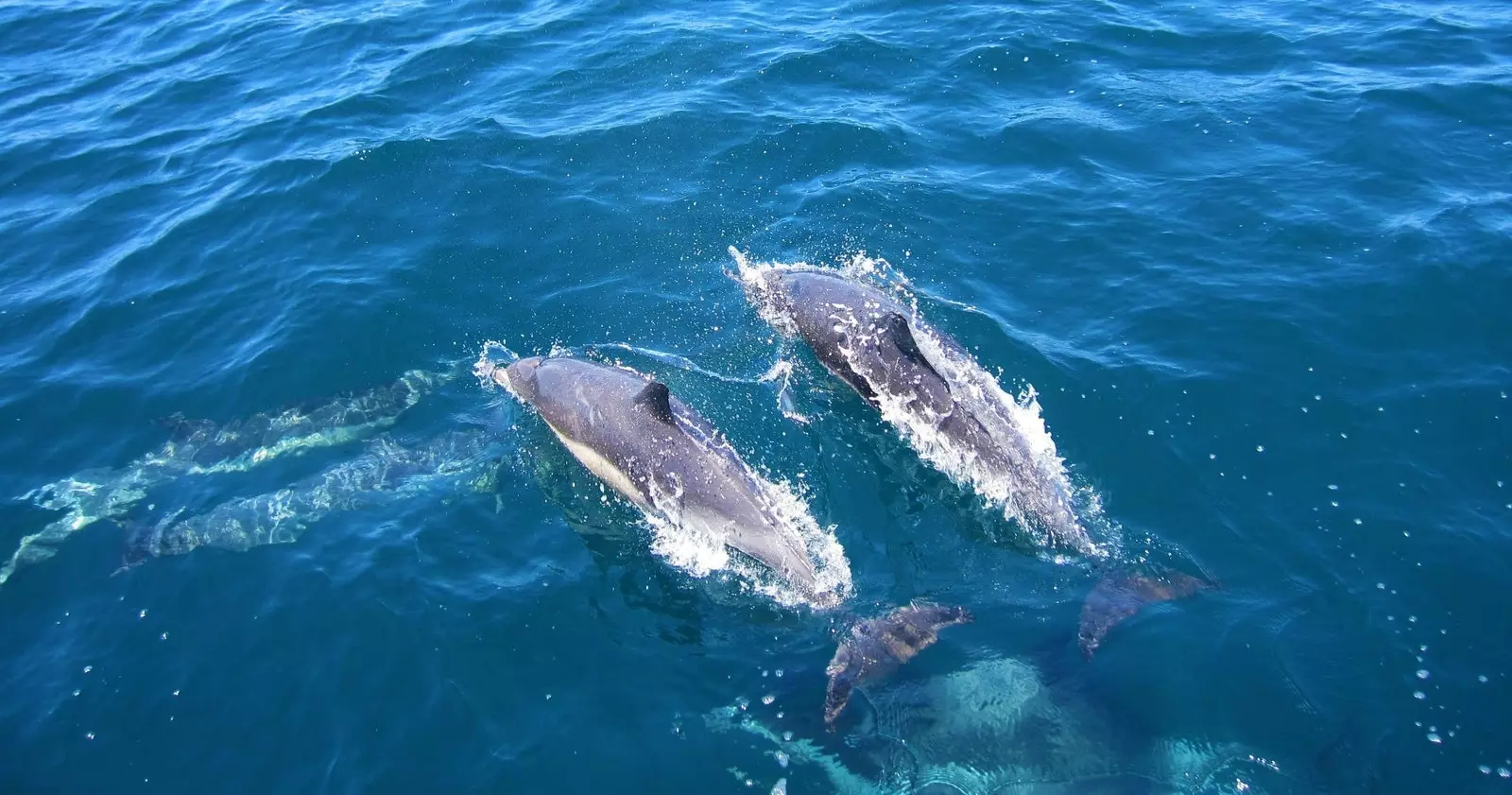
Dolphins are in danger of extinction.
The "trips with heart" or "altruistic trips" are therefore based on interacting in remote places of the great tourist circuits. Some travelers decide to go to the origin of the problem that a community is going through, while others start traveling with heart from the first moment: from the choice of airlines that support the carbon neutral commitment to the choice of destinations that need tourism for their development.
Far from the belief that philantourism is exclusive to travelers with high purchasing power, there are currently thousands of people willing to help through different ways. And there is possibly no more appropriate time than now, when a pandemic seemed to create new borders, to merge with humanity and foster a new beginning.
You don't have to travel to the Galapagos Islands, or be Jeff Bezos or Bill Gates. You can also contribute your grain of sand in a lost town in the province of León.

Contact with the local culture is essential for the traveler.
PHILANTURISM STARTS HERE
In the port of Mahón, in Mallorca, tourists are always astonished when they see a certain Norwegian ship from 1910 operating in Mediterranean waters. It is the headquarters of Alnitak , a group of biologists, ecologists and volunteers who sail the Mediterranean in the company of some of the 4,000 members who participate in their journey writing down each cetacean they see in a notebook.
Another example is found in different companies that organize routes for the observation of fauna in Spain at the same time that the protection and conservation of the visited spaces is promoted. Among them we find the company LLOBU and its activities focused on the observation of the Iberian wolf in the Sierra de Culebra, in Zamora.
New ways of getting to know Spain at the same time as we cooperate with the conservation of those most forgotten places through accessible initiatives for everyone and spread throughout rural Spain.
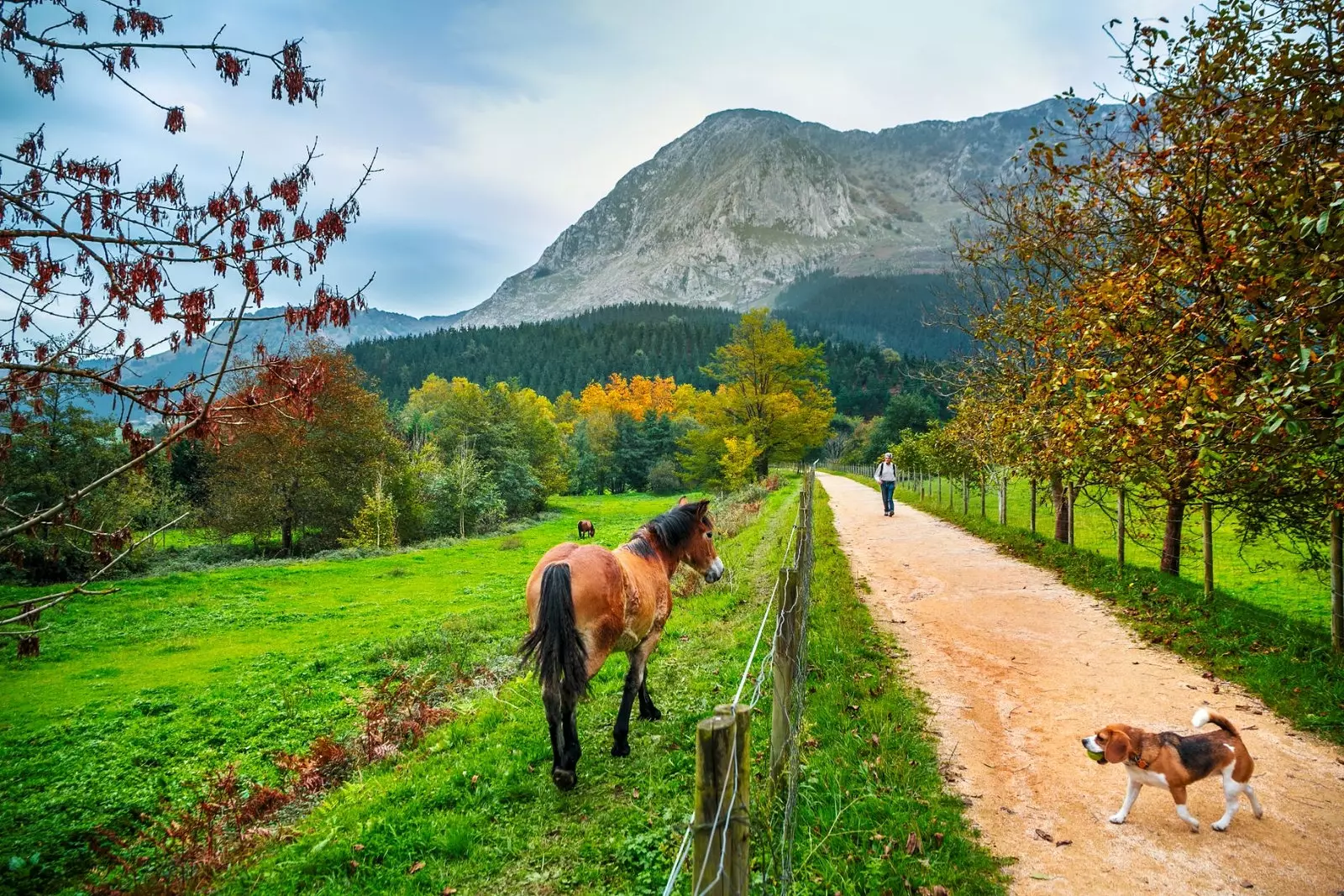
Valley of Atxondo.
"Although philantourism is not so widespread in Spain, what is intended is to make an exclusive trip but with a philanthropic component, that is, that it entails help or collaboration in an environmental, social or cultural initiative," he tells Traveler.es Javier Rico, author of the book Guide to rural Spain: Proposals month by month , published by GeoPlanet.
“The new technologies often tell us how we have to travel and we pass by other enhancements to the territory. I am of the thought that you yourself mount an exclusive trip and you can return the value to the territory . And that we do not mind paying to visit a church or see the lynx in Andújar.”
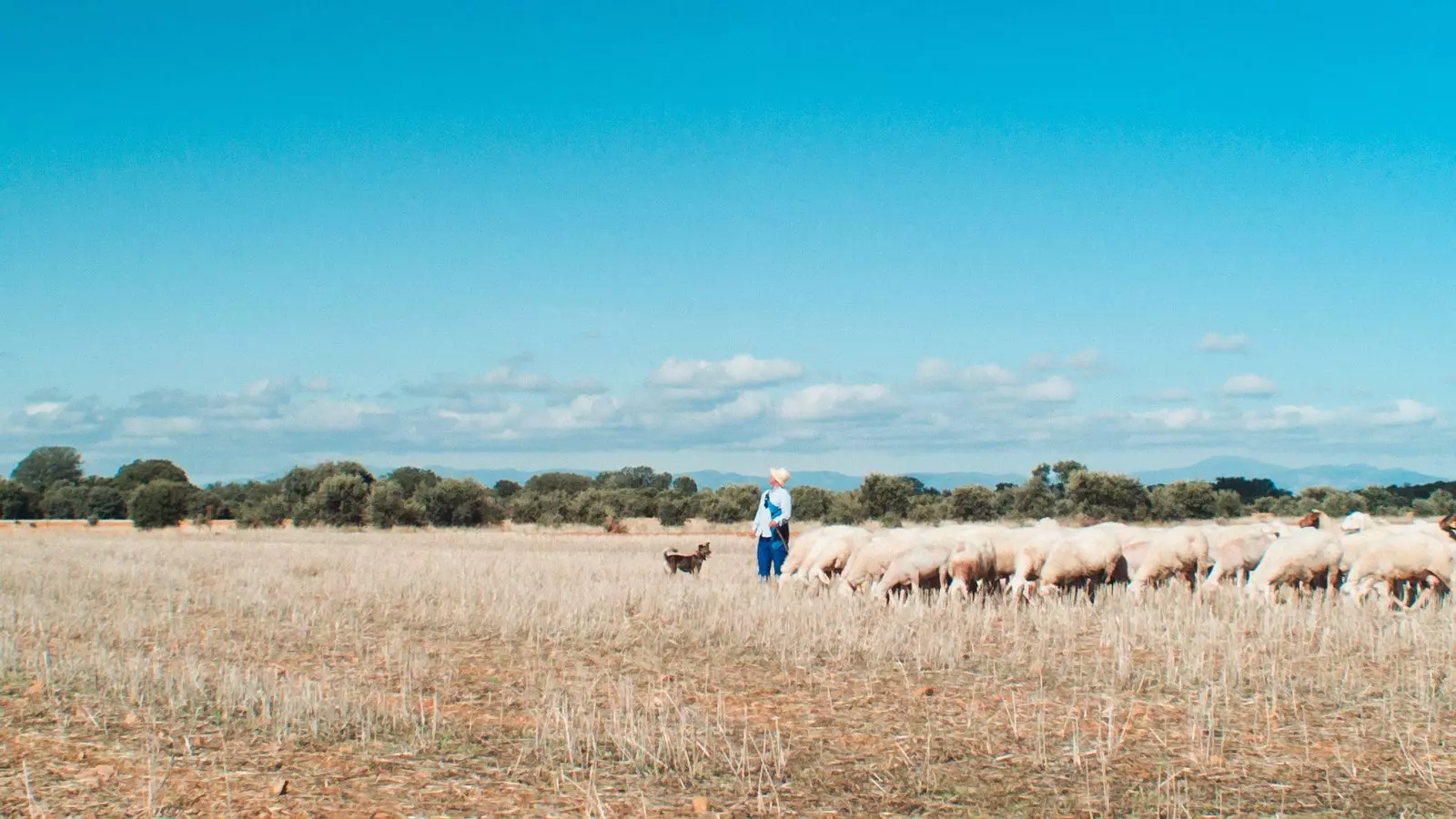
Still from 'Meseta', a profound portrait of empty Spain.
Javier goes one step further: “I think In Spain, current philantourism should be focused on the recovery of rural Spain. Instead of the emptied Spain, we should talk about the unattended Spain . With problems and shortcomings in terms of connection and digital coverage, but also health and education".
"When I travel as a journalist I find many people from a specific town who ask me to include them in my articles the need for a school. So I propose that we leave a greater value in the towns through that tourism, because it is the tourism that serves the towns.”
There are many ways to help other places and their people through philantourism. Some billionaire travelers prefer to travel to Myanmar to invest in new irrigation systems in the villages of the south. Others promote art in a lost colony in South Africa and some promote vaccine awareness in Vanuatu.
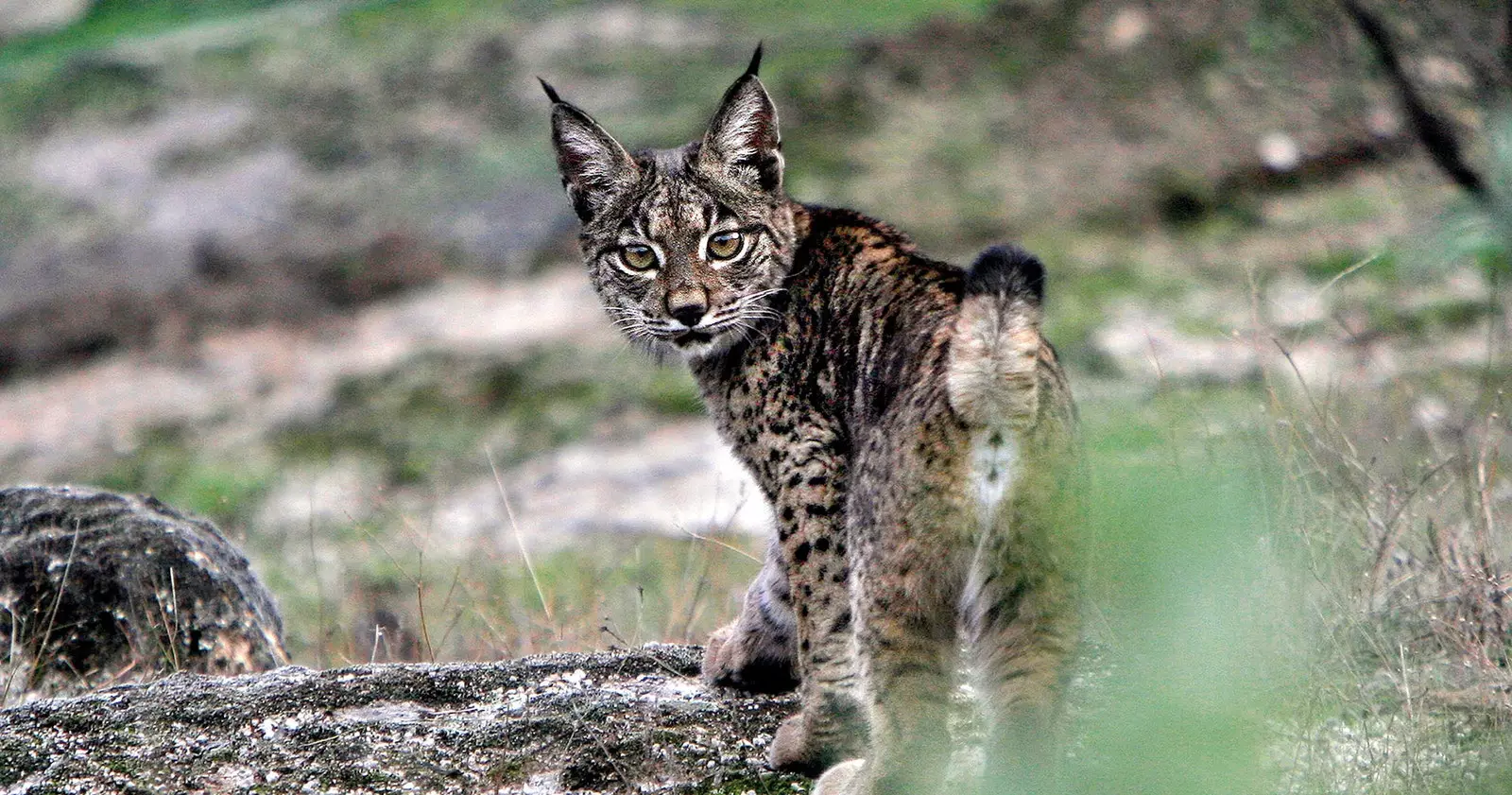
Iberian lynx.
But we can also get lost in towns where tourism evokes that "love for the human being" that Plato transmitted. Because as Rico rightly affirms, “There are many places in Spain where there are people for whom you are the first person to ask for directions.” And asking is possibly the greatest help that can be offered to a territory.
